Homelessness, Housing, and Child Care Are Santa Barbara’s Top Priorities for Funding
Survey Results Show Residents Want Community Grants to Go Toward Homelessness, Council Suggests Child Care Be Included
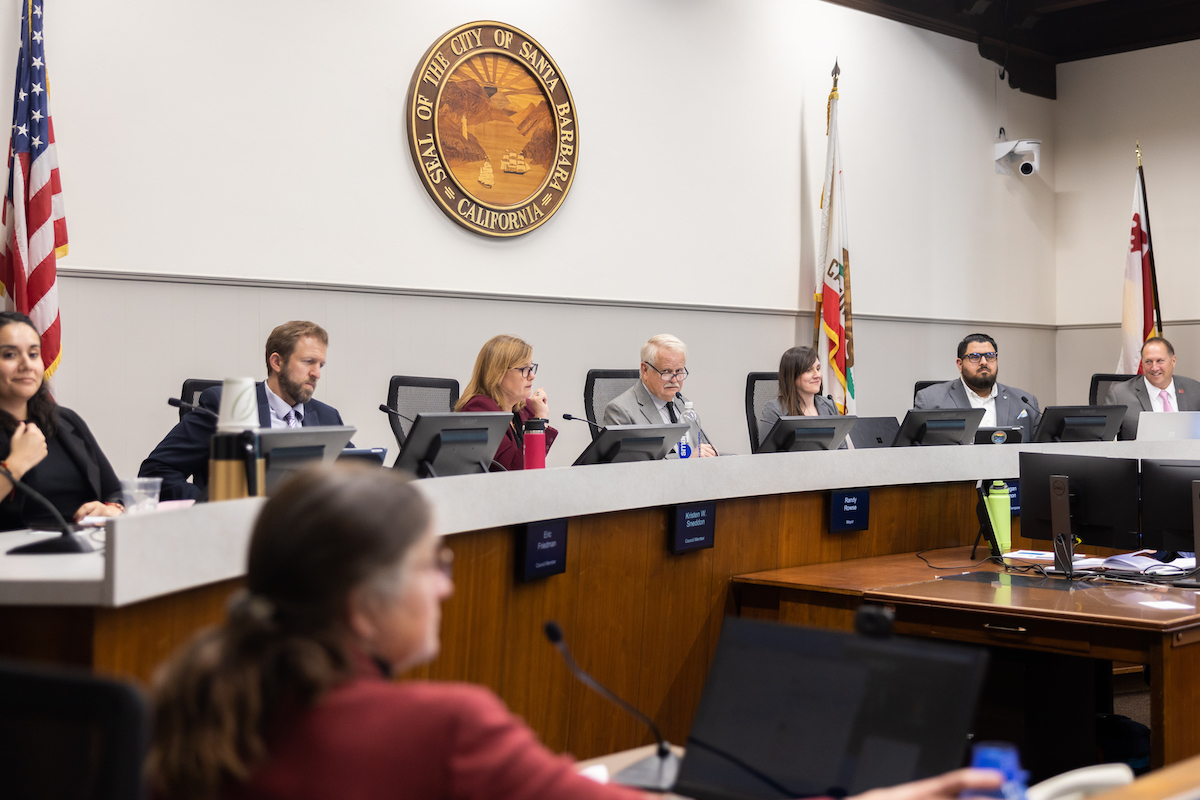
Homelessness and housing rehabilitation were among the top priorities for community grant funding, according to a recent survey of Santa Barbara residents, but several city councilmembers suggested that child care services also be added to the list of priorities, as the city prepares to receive applications for the estimated $600,000 available in Community Development Block Grants next year.
The survey was conducted over August and September, with 776 respondents selecting what they thought would be the best use for the grant funding, which is provided each year by the U.S. Department of Housing and Urban Development (HUD) as a way for cities to fund services that specifically benefit low- and moderate-income communities or help eliminate slums and urban blight.
Results from the survey, which were presented to the City Council on Tuesday by Senior Community Development Program Specialist Lindsey Drewes, showed that the top three priorities chosen by city residents were permanent supportive housing for homeless people (233 responses, or 36 percent); prevention and supportive services for homeless people (220 responses, or 34 percent); and rental housing rehabilitation (211 responses, or 33 percent).
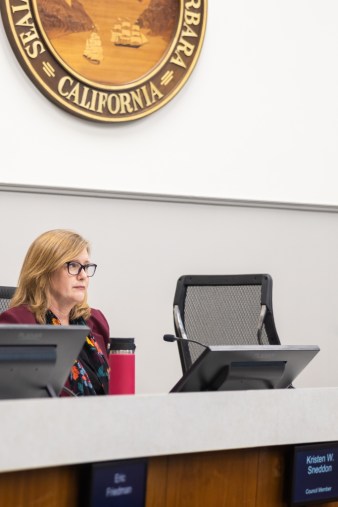
Comments from the survey also showed that residents have noticed an extreme increase in housing costs mixed with a dwindling supply of affordable housing, which has led to an exodus of the city’s workforce along with a large number of folks living only a paycheck or eviction away from homelessness.
“Since it’s such a cross-cutting foundational issue, we need to protect tenants from being priced out of our housing by funding and financing affordable housing construction,” one commenter said.
“The cost of housing is a major factor in the workforce leaving; if the city does not improve availability of affordable housing, we will have a population of wealthy (remote) workers and no teachers, police, firefighters, grocery workers,” wrote another.
Others were more urgent in their comments: “Please work harder to keep people in their homes rather than waiting until they are homeless,” one wrote.
“Not having a place to sleep at night is terrifying. Please help,” said another.
Dewes explained the process of doling out the annual funding, which is estimated to be about $876,711 for Fiscal Year 2025. Out of that funding, 65 percent could be allocated toward the city’s goals of “public facilities and infrastructure, decent housing availability, and economic development,” while 15 percent would specifically be used toward homeless assistance and 20 percent toward administrative costs.
The 15 percent toward homelessness was set in stone, but the City Council did have some wiggle room as to the priorities for the rest of the funding, which is an estimated $600,000. While most of the council agreed with the priorities in the survey, several pointed out a glaring discrepancy between those who responded and those who were meant to be served by the grant funding.
As Councilmember Kristen Sneddon put it, the funding was meant for low- and moderate-income residents, but the survey respondents were overwhelmingly white (78 percent), homeowners (62 percent), and seniors (40 percent).
“To me, it’s not representative of the city,” Sneddon said.
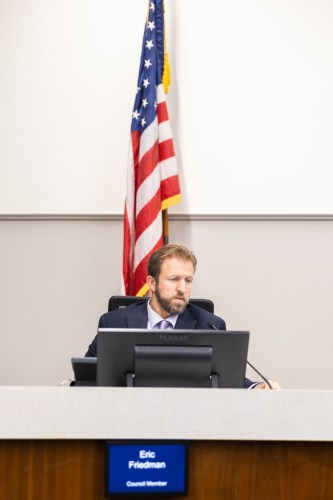
She suggested that the city also prioritize child-care services when selecting recipients for grant funding. “Anything with a priority for children,” she said. “We are losing children from this community.”
Child care would have more of an immediate impact, she said, than rehabilitation of single-family housing. “I would put that above single-family housing rehabilitation; even though that’s important, I would put that lower on the list.”
Councilmembers Alejandra Gutierrez and Eric Friedman also supported prioritizing child care, along with a specialized focus on families with children who are struggling with housing or on the brink of homelessness.
“Because we hear, week after week, day after day, that housing is the greatest challenge, and unless there is stable housing, even the child care becomes an issue because you don’t have a stable home to go back to,” Friedman said.
The council unanimously approved the block grant structure and application process, and the Community Development and Human Services Committee will evaluate applications over the next few months. Applications open on November 2, followed by a mandatory workshop for all applicants on November 9. Providers must submit before December 7, and the City Council will select out of a final list of recommended recipients around March 2024.

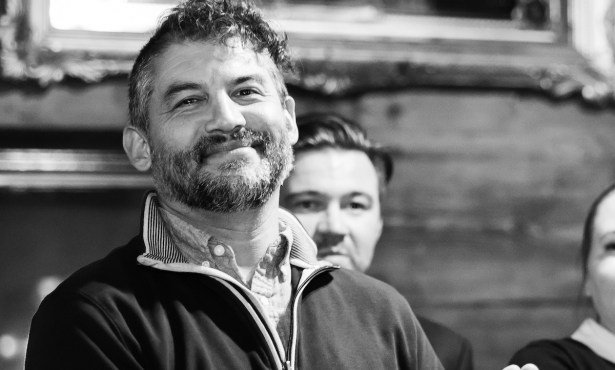

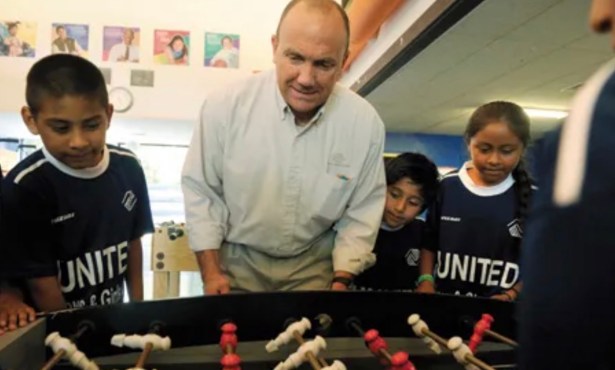
You must be logged in to post a comment.